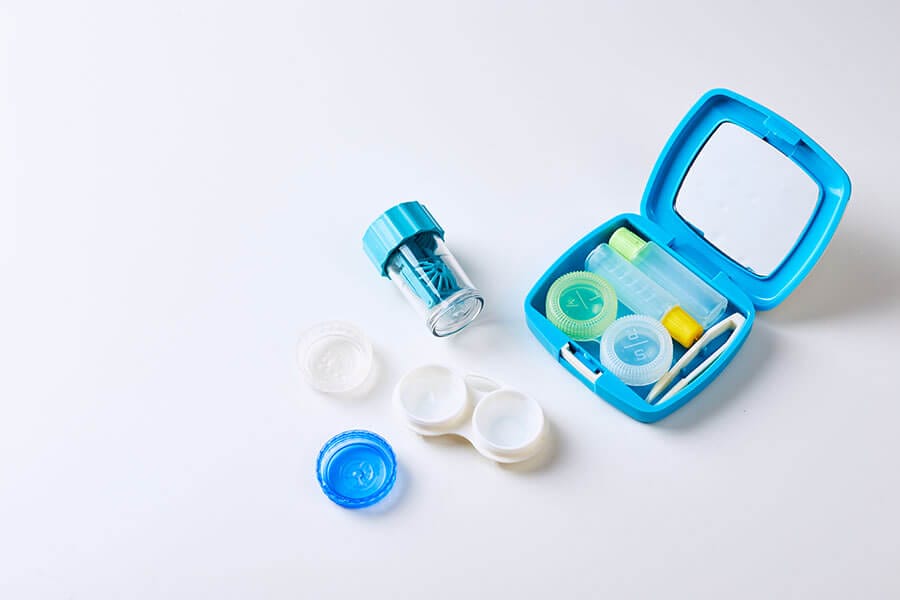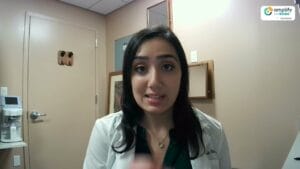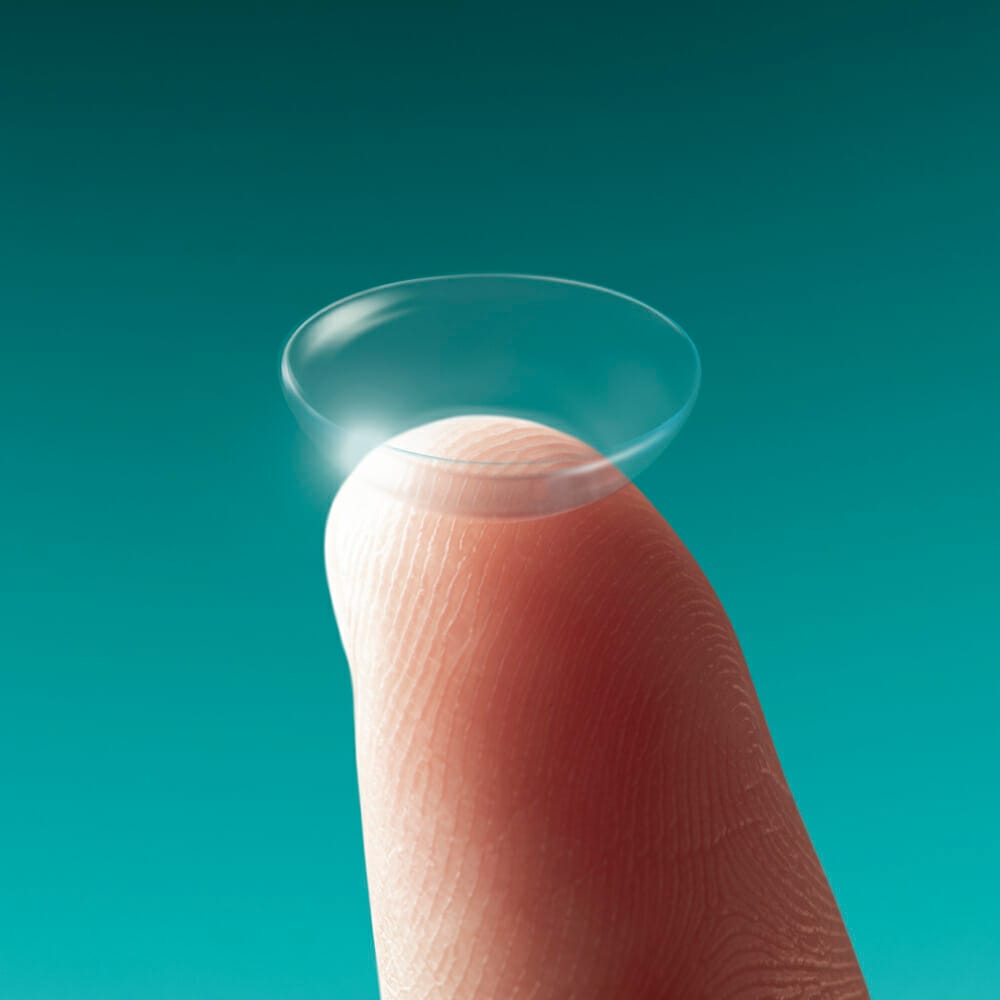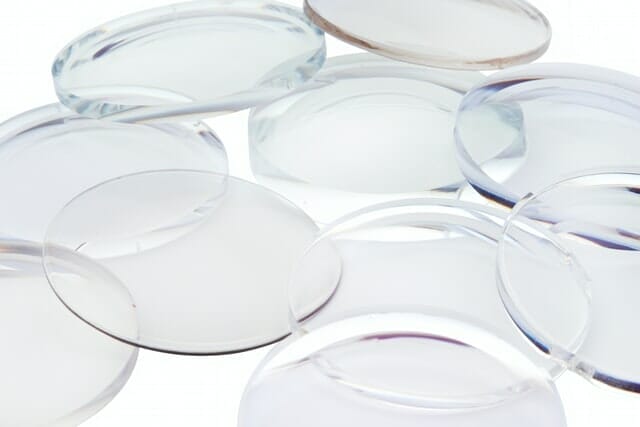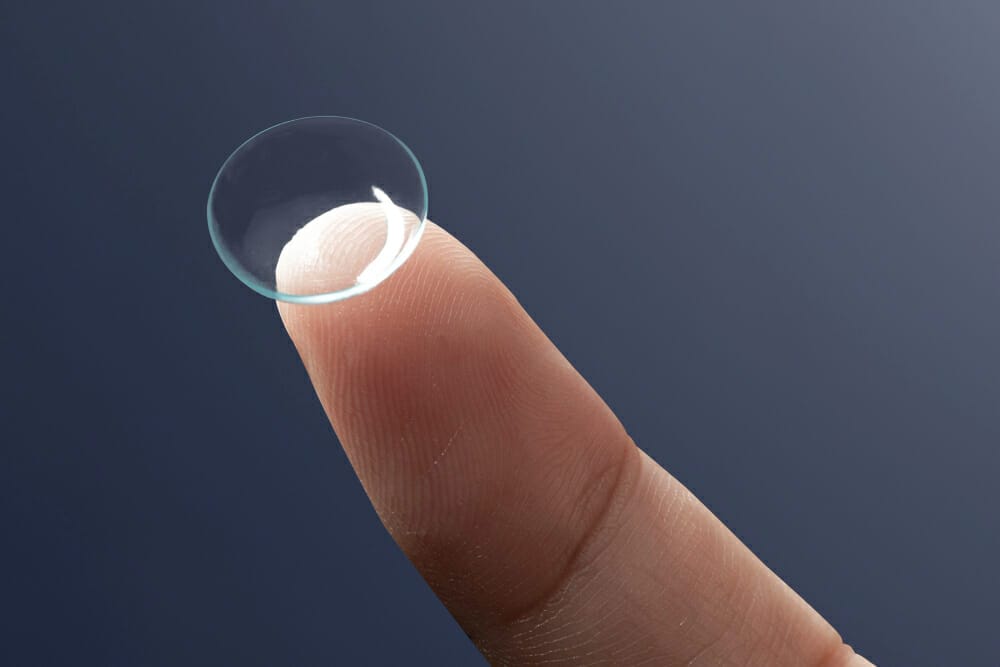Contact Lenses to Correct Presbyopia
For many people who realize they are in the early stages of presbyopia, contact lenses will be a better option as they allow for a more active lifestyle than glasses. Also, contacts make it less obvious that someone requires vision correction.
Bifocal Contacts
Bifocal contact lenses are a popular choice for presbyopia correction. They come in both soft and gas permeable (rigid) materials. These lenses have two distinct powers: one for distance vision and another for near vision. The arrangement of these powers can differ based on your needs; for example, the near power might be in the center with the far vision on the outer part, or vice versa. Your eye doctor will guide you in choosing the best bifocal layout based on your vision needs.
Multifocal Contacts
Like bifocal lenses, multifocal contacts offer multiple prescriptions in a single lens. However, the power transitions gradually, mimicking the natural behavior of progressive eyeglass lenses. They are available in both soft and rigid gas permeable materials. Multifocal lenses can be daily disposables or extended wear, depending on your lifestyle and eye health. These are particularly useful if you also require intermediate vision correction. Learn more about bifocal and multifocal contact lenses.
Monovision Contacts
Monovision is another approach to treating presbyopia. In this setup, one eye is corrected for near vision and the other for distance. Your eyes will naturally adjust depending on whether you are looking at something close or far away. This method might take some getting used to, but many find it effective.
Hybrid Contacts
Hybrid contact lenses offer a rigid gas permeable center and a soft lens skirt. The rigid center provides clear, sharp vision, while the soft skirt offers comfort. They're a bit more expensive but can offer the best of both worlds for presbyopia patients who also want comfort.
Extended Wear Contacts
For those who prefer the convenience of not having to remove lenses daily, extended wear contacts can be a good option. These lenses are designed to be safe for overnight wear, but it's crucial to consult your eye care professional to ensure that they are appropriate for your specific eye condition.
Remember, the most suitable type of lens for you will depend on various factors including your lifestyle, eye health, and specific vision needs. Always consult your optometrist for personalized advice

